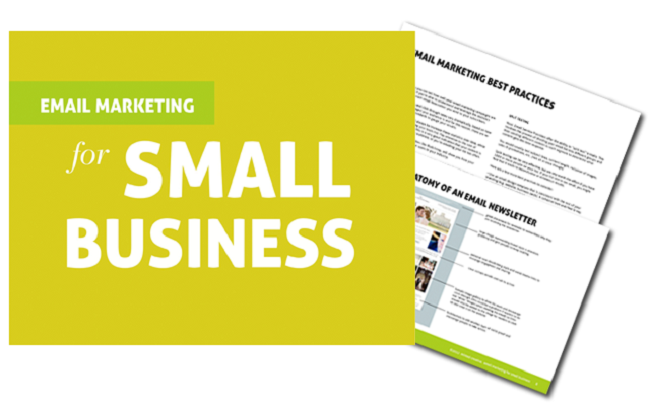While modern marketing is leaning more towards social media, the old email marketing campaign still proves effective at wooing clients and keeping them engaged. Small business proprietors all over recognize the importance of remaining in touch with the audience of both current and potential clients. There are several tips that would be of great help for anyone looking to get started with and organize email marketing for small businesses.
Create Multiple Channels to Gather Email Addresses
 A frail email list isn’t going to do any good for anyone’s efforts of conducting a successful marketing campaign. One must therefore explore more ways to grow their list. Luckily, there are multiple ways through which one could persuade current clients and prospects to submit their email addresses.
A frail email list isn’t going to do any good for anyone’s efforts of conducting a successful marketing campaign. One must therefore explore more ways to grow their list. Luckily, there are multiple ways through which one could persuade current clients and prospects to submit their email addresses.
One of these would be to require visitors to the firm’s site to register for each action, from creating an account to making a purchase. Creating giveaways and contests for which one needs to fill out a short form could also work. Other tactics that could work here include offering free seminars, having a forum, posting free downloads on the site and encouraging people to read reviews and suggestions.
Maintaining Detailed Lists
A vital aspect of email marketing is proper maintenance of the current list of email addresses. When starting out, they could be kept in a detailed spread sheet whose columns can later be merged with an email program. It’s crucial that one avoids losing any address; all of them represent a valuable currency for the enterprise.
Bulk & Transactional Email Promotions
Though bulk emails can be effective, they often go unopened or land straight into the spam folder. A small firm could find success by implementing bulk mail campaigns that appeal to general audiences with transactional messages offering a pitch or a custom promotion. When sending special messages like welcome notifications, one could use the opportunity to recommend other commodities or encourage the client to participate in social media or online polls.
Testing and Assessment
Testing could offer crucial information at different levels of the campaign. Before the email prototype is finalized, one can use focus groups to gauge various aspects of the design (e.g. appeal, subject line, layout etc.). Before the messages are broadcasted, they should be sent to the staff and tried using different devices and email clients. Testing whether certain features show up in different platforms and gathering metrics on open/conversion rates could help one know what improvements would be necessary.
Email can be a vital marketing channel for a small enterprise. Due to its low cost, one could take advantage and slash their advertising costs while substantially boosting sales. It’s therefore important that one takes these tips into consideration when they’re looking to build a robust campaign.


